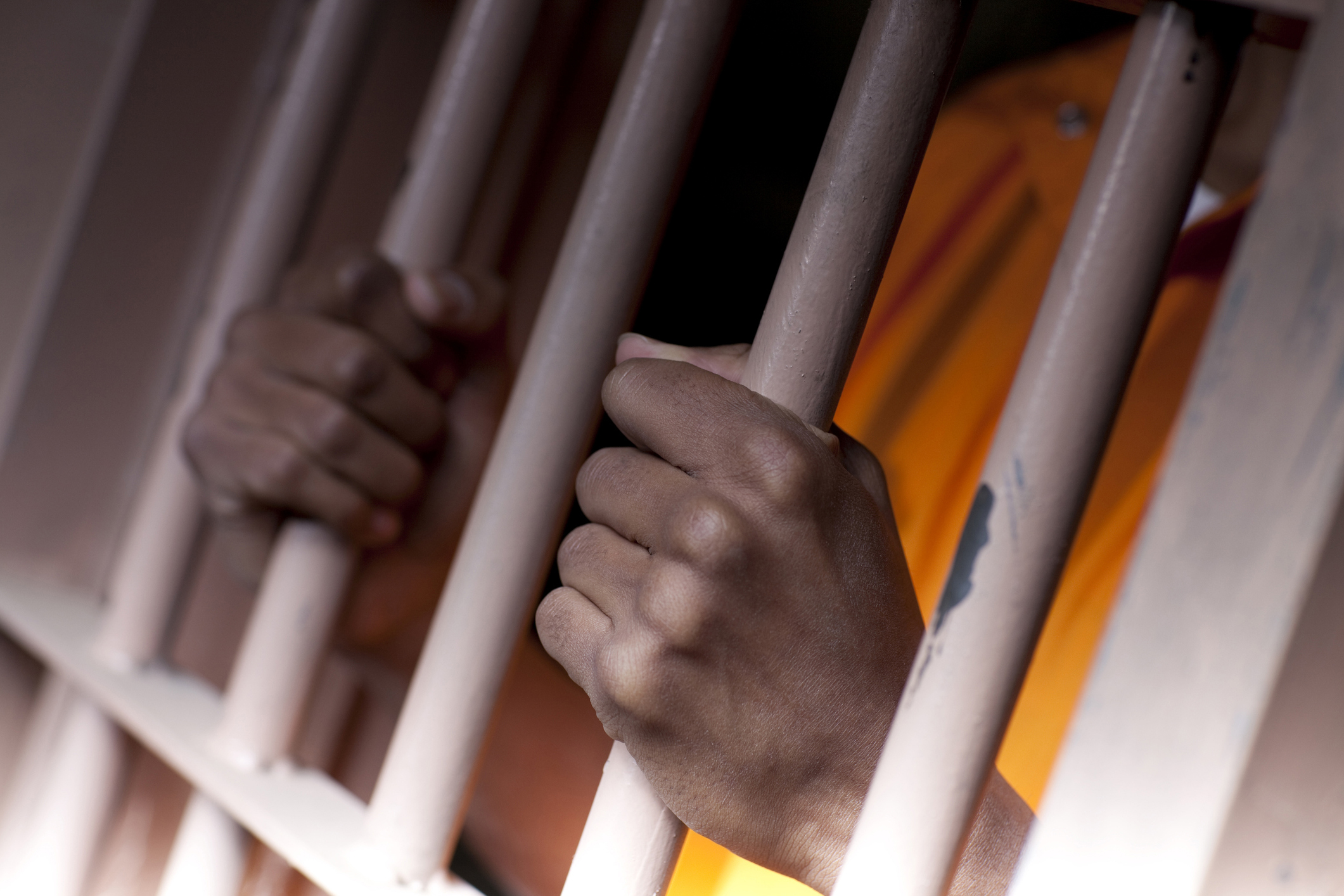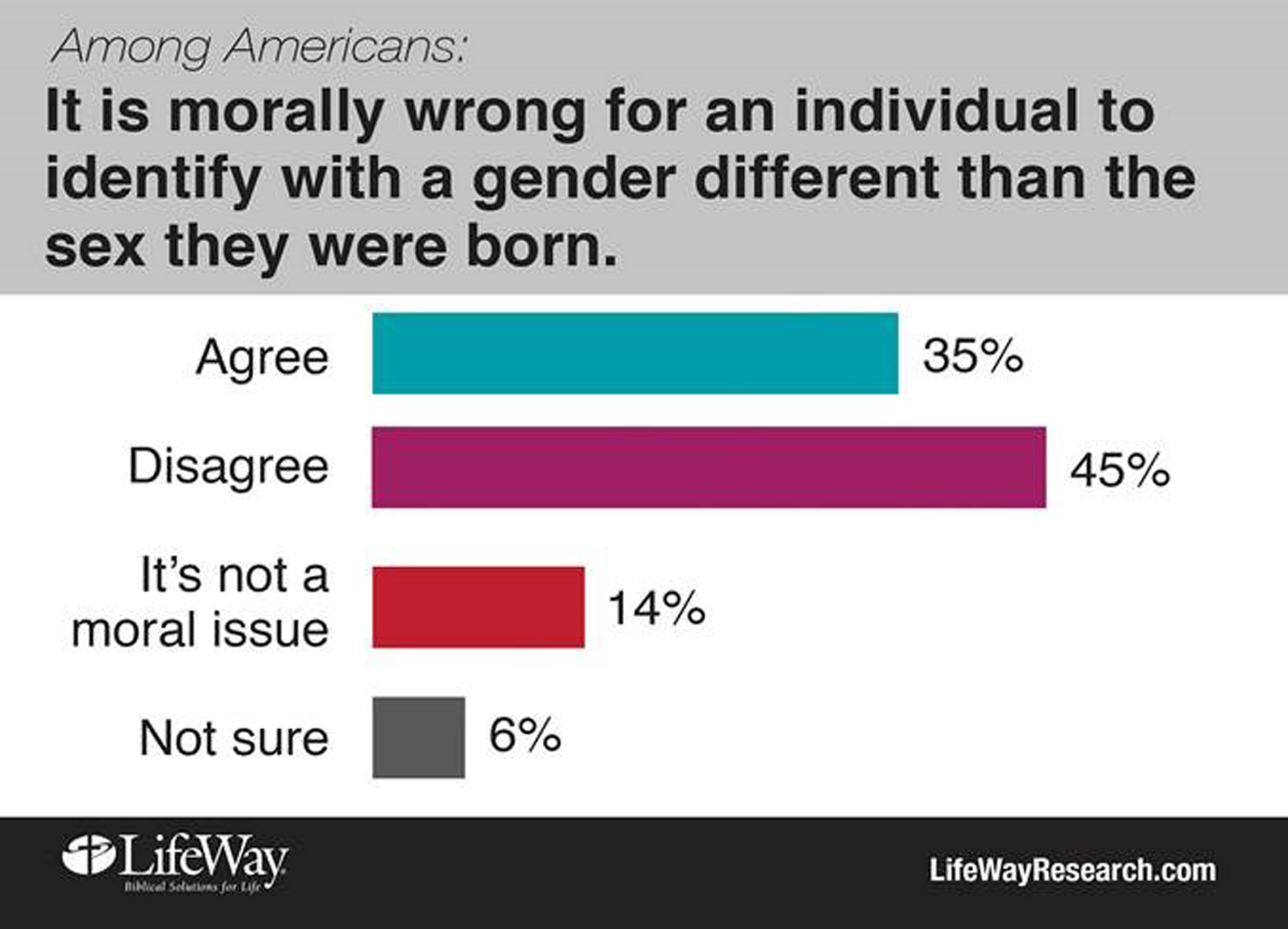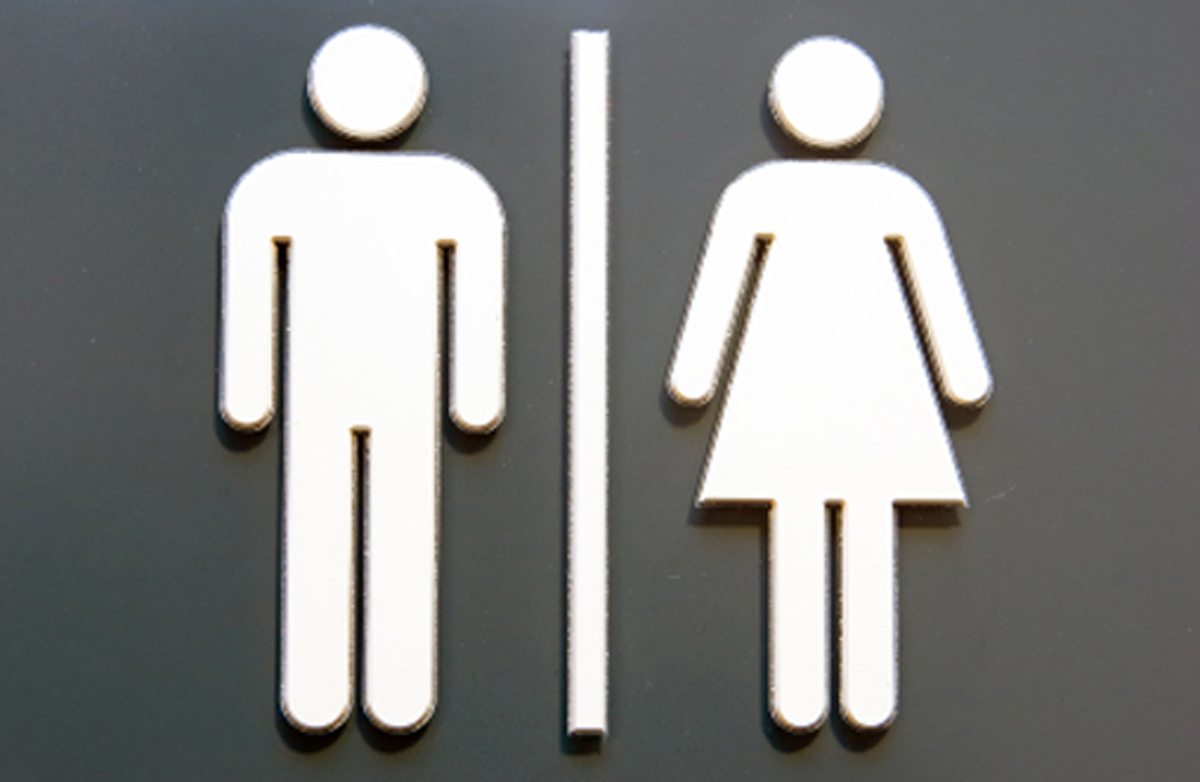
SACRAMENTO, Calif. (BP) — A proposed law in California could outlaw helping people with unwanted same-sex attraction or gender-identity confusion. If passed, the bill, introduced last month by Assemblyman Evan Low, would be the most expansive ban on therapy related to sexual orientation and gender in the country.
Other bans across the country restrict the practice of licensed therapists, but this law would label as fraudulent any message that aligns with the Biblical view of sexuality and gender.
The bill would amend the California Consumer Legal Remedies Act to add “sexual orientation change efforts” to the list of unfair or deceptive practices. Sexual orientation change efforts are defined broadly as “any practices that seek to change an individual’s sexual orientation. This includes efforts to change behaviors or gender expressions or to eliminate or reduce sexual romantic attractions or feelings toward individuals of the same sex.”
A LGBT caucus in the California legislature strongly supports the bill, according to the California Family Council, a pro-family group fighting the law. During the last legislative session, the caucus successfully pushed through a handful of gender identity laws.
Monetary transactions trigger the law, so it would apply to any person or organization paid by a consumer for goods or services. Books, conferences or therapy are explicitly prohibited.
But legal experts argue the law could also include the actions of churches and religious nonprofit groups that seek to help individuals abstain from or overcome improper sexual behavior and embrace God-designed constraints for sexuality and gender.
“It could be a violation if a pastor encourages a congregant to visit the church bookstore to purchase books that help people address sexual issues, perhaps including the Bible itself, which teaches about the importance of sexual purity within the confines of marriage between a man and woman,” said Matt Sharp, an attorney for Alliance Defending Freedom (ADF).
A legal analysis of the bill by ADF found “the breadth of this censorship is staggering.” ADF argues the bill unconstitutionally burdens free speech and the free exercise of religion by subjecting anyone who engages in these so-called fraudulent and deceptive practices to “ruinous lawsuits, punitive damages, and attorneys’ fees.”
Therapists are also fighting the measure, arguing the law would infringe on the rights of clients to seek the therapy they need or want. They worry the law would limit overall the psychological treatment available to people who aren’t heterosexual, according to Laura Haynes, a licensed psychologist and chairwoman of research and legislative policy for the National Task Force for Therapy Equality.
For example, the American Psychological Association affirms that sexual and gender variations are not simply biologically determined but can be influenced by a number of things, including sexual abuse. Under the ban, victims of sexual abuse can only receive therapy for “unwanted emotional and sexual ties to their abuser” if the abuser is the opposite sex. Men who struggle with the desire to have sex with little girls can receive counseling, but not those who want to have sex with little boys.
Haynes argued that therapy bans also allow gender dysphoric individuals to receive puberty blockers, potentially sterilizing hormone treatments, and genital mutilation surgeries while denying them basic talk therapy to help them accept their bodies.
“Our clients have the same freedom and the right as everyone else to resolve unwanted feelings, love who they want, and choose their gender identity,” she wrote. “No one should take that away from them.”
On March 15, the bill was referred to the state Assembly Judiciary and Privacy and Consumer Protection committees. It could receive a hearing as early as next week.



















